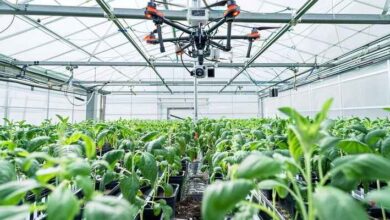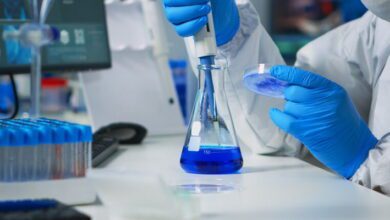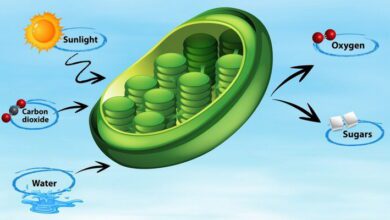Developmental Biology MCQs with Answers

Developmental Biology MCQs measure your understanding of the mechanisms that control growth, differentiation, and morphogenesis of living organisms. This Developmental Biology Quiz includes subject matter related to gametogenesis, fertilization, embryonic development, gene regulation, cell signaling, and organogenesis. Explore essential ideas like stem cells, pattern formation, evolutionary development (Evo-Devo), and how genetic and environmental factors contribute to development. These Developmental Biology MCQs assist students, medical aspirants, and researchers in testing their knowledge of how organisms develop and grow from one cell into a complex multicellular entity. Attempt this free Developmental Biology quiz to solidify your concepts and master important subjects in embryology and genetics.
| This is an interesting field tracing the pathways through which organisms grow and develop from one cell to a highly complex and multicellular organism. The area of study encompasses developmental embryology and cell and developmental biology, all aimed at understanding the formative stages of life for a more comprehensive take. Developmental embryology is one of the leading themes of developmental biology, with a focus at the earliest times in the lives of the organisms. It is all about how a fertilized egg progressively develops stages, such as cleavage, gastrulation, and organogenesis, into a well-formed embryo. Within these embryonic stages, cells proliferate rapidly, differentiate at high rates, and migrate to form tissue and organ structures; researchers study these processes extensively to find the genetic and molecular mechanisms that control embryonic development. While this theme continues with cell and developmental biology, it explores the constituency of single cells forming growth and development in the organism. This includes inquiring into cell signaling pathways, gene expression, and cellular interactions that result in machinery of differentiation and morphogenesis. Therefore, the information is used as importantly to differentiate how structures and functionalities may be more complex than their origins. |
Developmental Biology Online Quiz
By presenting 3 options to choose from, Developmental Biology Quiz which cover a wide range of topics and levels of difficulty, making them adaptable to various learning objectives and preferences. You will have to read all the given answers of Developmental Biology Questions and Answers and click over the correct answer.
- Test Name: Developmental Biology MCQ Quiz Practice
- Type: Quiz Test
- Total Questions: 40
- Total Marks: 40
- Time: 40 minutes
Note: Answer of the questions will change randomly each time you start the test. Practice each quiz test at least 3 times if you want to secure High Marks. Once you are finished, click the View Results button. If any answer looks wrong to you in Quizzes. simply click on question and comment below that question. so that we can update the answer in the quiz section.
Download Certificate of Quiz Developmental Biology
On the end of Quiz, you can download the certificate of the quiz if you got more than 70% marks. Add a certificate to your job application or social profile (like LinkedIn) and get more job offers.
If you are interested to enhance your knowledge regarding English, Physics, Chemistry, and Computer please click on the link of each category, you will be redirected to dedicated website for each category.




